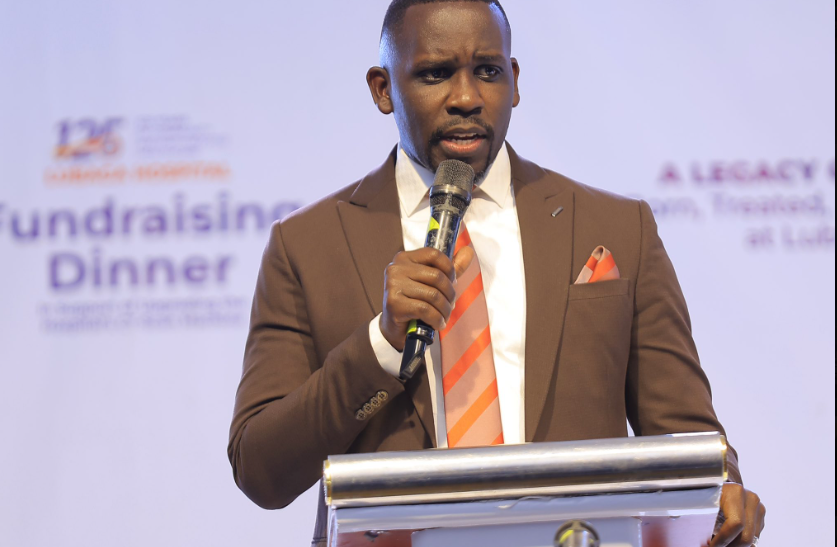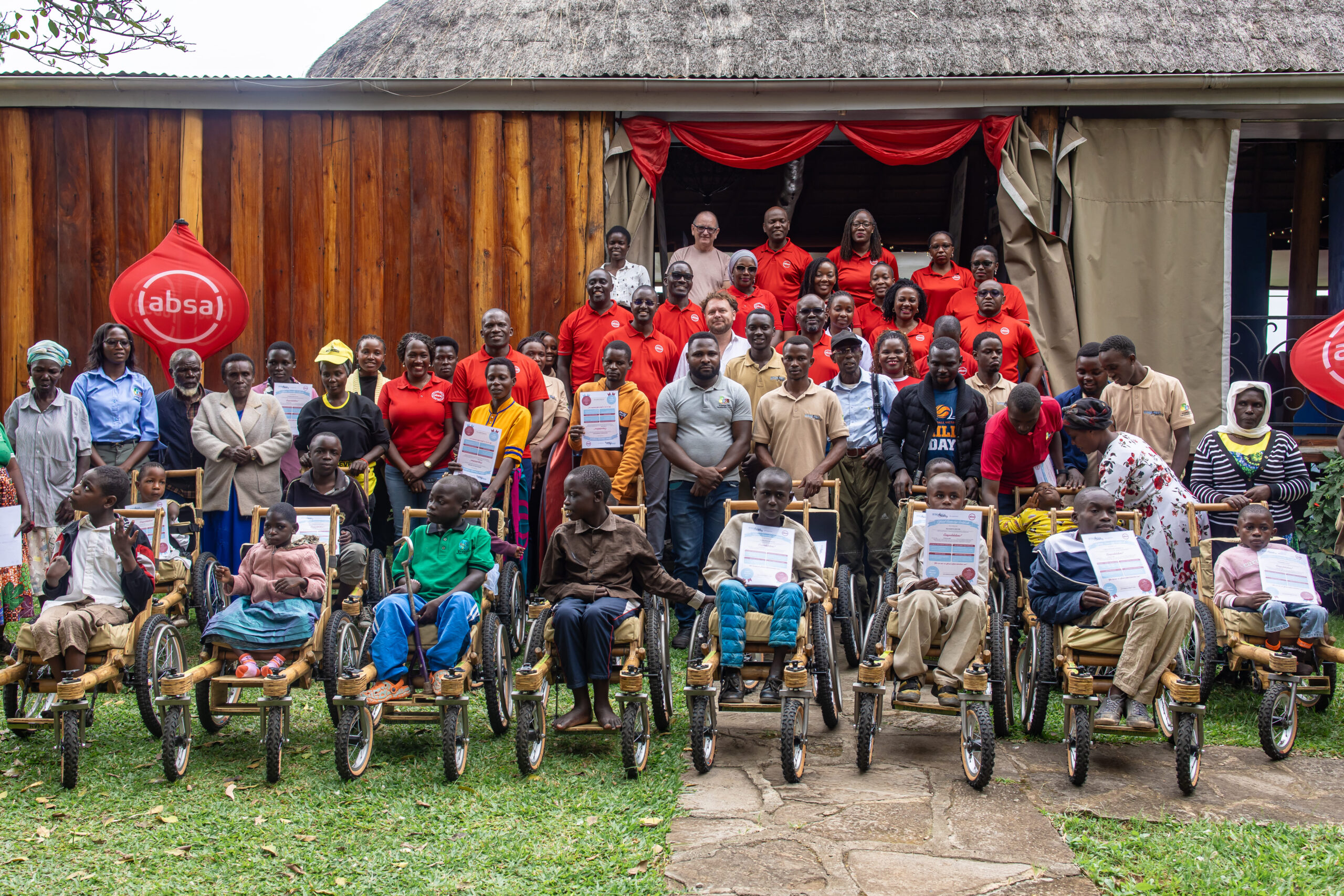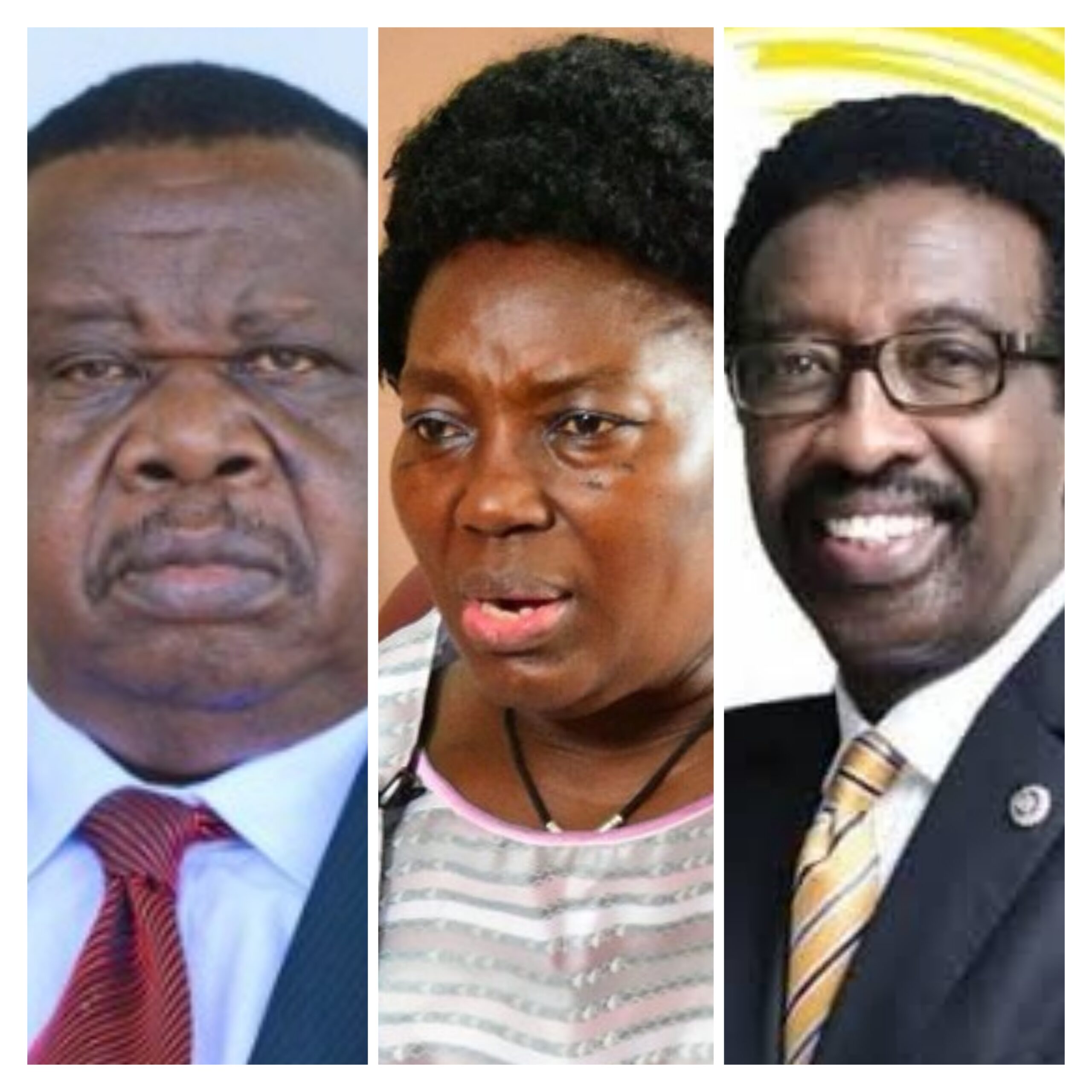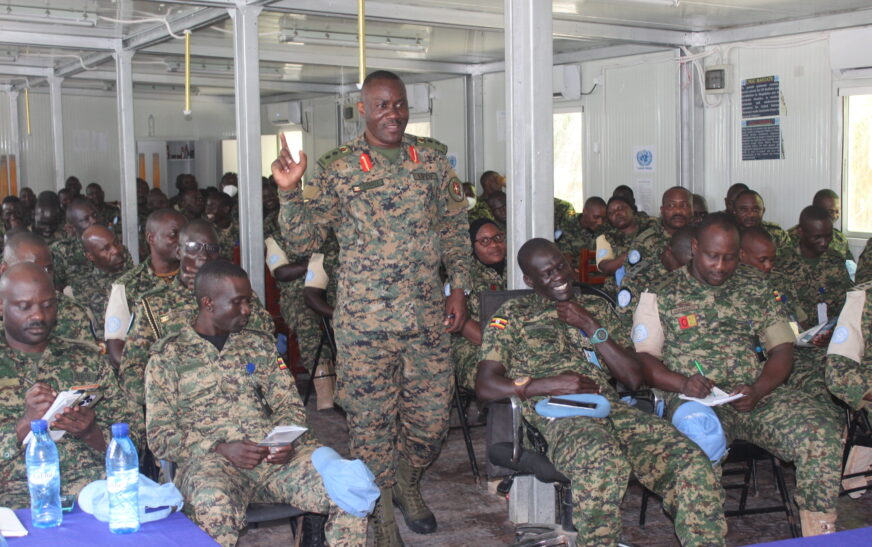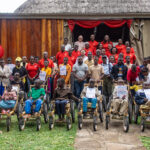The National Unity Platform (NUP) has resolved to challenge the recently enacted Uganda People’s Defence Forces (UPDF) Act, 2025 in the Constitutional Court, citing constitutional concerns over the trial of civilians in military courts.
This comes after President Yoweri Museveni on Monday assented to the controversial bill passed by Parliament last month. The new law retains provisions allowing civilians to be tried by military courts, in apparent contradiction to a January 2025 Supreme Court ruling which barred such practices.
Notable reforms in the law include: improving healthcare services for military personnel, transferring the Pension Authority from the Ministry of Public Service to the Ministry of Defence and Veteran Affairs, and enhancing disability compensation for both officers and enlisted personnel.
Judicial reforms in the law renamed the Unit Disciplinary Committee to the Unit Court Martial and disbanding the Court Martial Appeals Court. The military justice system would be reorganized into three tiers: the Unit Court Martial, the Division Court Martial, and the General Court Martial.
Joel Ssenyonyi, the Leader of the Opposition in Parliament, confirmed NUP’s intent to file a constitutional petition once the gazetted copy of the law is received.
“Our legal team is ready. We intend to challenge this law not only for the sake of legality but also to call upon the Judiciary to defend its own rulings. The Supreme Court clearly stated that civilians should not be subjected to military courts,” Ssenyonyi said.
In her landmark ruling earlier this year, Justice Catherine Bamugemereire held that military courts are tribunals lacking the constitutional authority to try civilians. She emphasized that the structure and procedures of court martials do not meet the standards of fairness and impartiality as guaranteed under Uganda’s Constitution.
The NUP has previously protested the military trial of several of its supporters, including: Edward Ssebufu, popularly known as Eddie Mutwe, Bobi Young and others who were arraigned before military courts.
The party argues that such actions represent a broader pattern of state repression and judicial overreach, undermining the rights of civilians to fair trial in competent civil courts.

